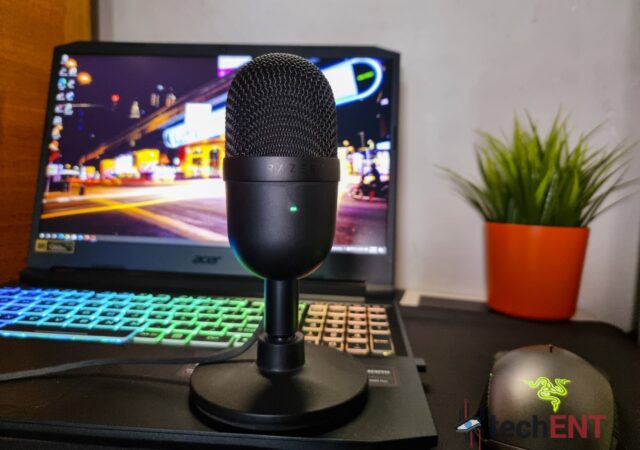RØDE introduces their 5th generation NT1 condenser with 32-bit float digital output. This could be the ultimate studio condenser for all.
Razer Seiren Mini In-Depth Review – Little Pill, Big Volume
Razer’s Seiren Mini might not look like much. At MYR 249, it is one of the most affordable USB mic of its kind. Is it worth the money though?




